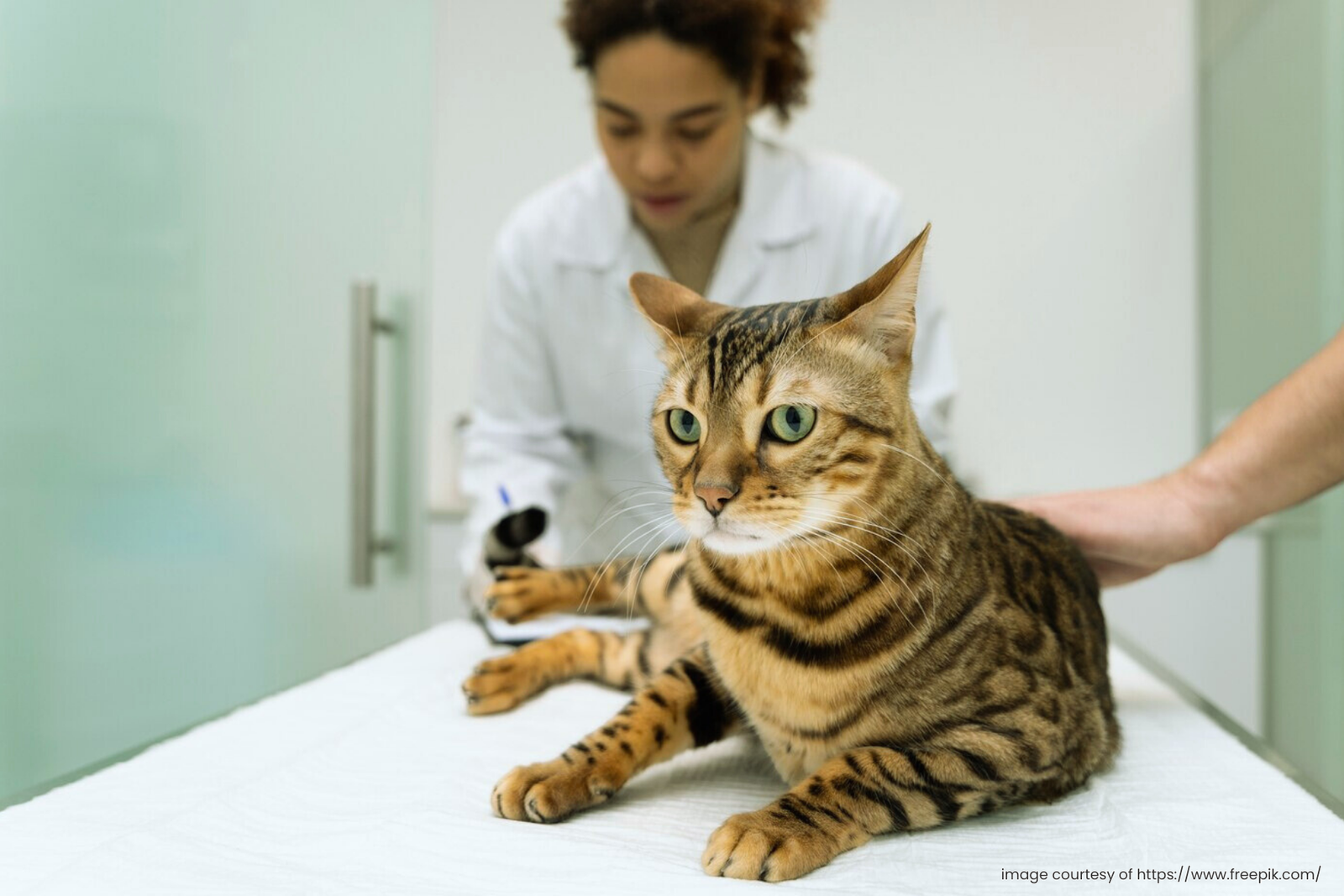Opening your own veterinary clinic is both an exciting and daunting venture. By considering several critical aspects, you can set the foundation for a successful practice. This guide will walk you through the essential steps, from understanding market demands to designing a clinic that fosters both operational excellence and optimal animal care.
Assessing Market Needs
Understanding the demand for veterinary services in your area is crucial. Begin by analyzing the local pet population and existing veterinary services. Consider factors like pet ownership rates, the types of pets commonly owned, and the services other clinics provide. Identify gaps in the market which your clinic could fill, such as special veterinary skills or shortage of emergency care services. This insight will guide your decisions on services to offer, pricing, and even the clinic’s location.
Advancing Your Business Expertise
While your veterinary skills are vital, running a clinic also demands sharp business acumen. Consider getting a bachelor of science in business administration to deepen your understanding of accounting, management, communications, and business operations. A business degree will equip you with necessary skills to handle the financial and managerial aspects of your practice efficiently. With the availability of online degree programs, you can study while continuing full-time work, ensuring you remain engaged in your current professional sphere while preparing for future challenges.
Choosing the Ideal Location
Choosing a strategic location is pivotal for the visibility and accessibility of your clinic. Look for areas with high pet ownership and minimal competition. Ensure the location is easy to reach for both emergency and routine visits, with ample parking for clients. Visibility from major roads can boost spontaneous visits and aid in your marketing efforts. Remember, the right location can significantly influence your clinic’s foot traffic and overall success.
Navigating Veterinary Regulations
Before you open your doors, ensure compliance with all relevant veterinary practice and business regulations. This includes obtaining the necessary licenses and permits, adhering to zoning laws, and ensuring all facilities meet health and safety standards. Stay informed about changes in veterinary medicine regulations to avoid any legal issues and maintain the highest standards of animal care and client trust.
Developing Your Business Plan
Develop a comprehensive business plan that outlines your services, pricing strategy, and operational details. Define your target clientele and the specific services you will offer, from routine checkups to specialized treatments. Set competitive but profitable pricing to attract and maintain a steady client base. Outline your operational strategy, including hours of operation, staffing, and client service policies. A well-crafted business plan serves as a roadmap to guide your clinic to success.
Assembling a Top-Tier Veterinary Team
Your staff will play a critical role in the success of your clinic. Hire qualified veterinarians and ensure they have the necessary credentials and experience. Additionally, recruit skilled support staff such as veterinary nurses, receptionists, and technical staff who share your commitment to animal care. Providing regular training and development opportunities will keep your team motivated and updated with the latest veterinary practices.
Creating Efficient Clinic Environment
Design a clinic that is both functional and welcoming. Ensure that the layout supports efficient workflow and safe animal handling. Consider the comfort and stress levels of the animals with appropriate waiting and recovery areas. Invest in high-quality, durable medical equipment and technology to enhance diagnostic and treatment capabilities. A well-designed clinic improves operational efficiency and client satisfaction.
Establishing Marketing Strategy
A robust marketing strategy is essential to attract and retain clients. Utilize a mix of traditional and digital marketing techniques. Create a user-friendly website, engage on social media, and consider local advertising in community centers and pet stores. Offer promotions and loyalty programs to encourage referrals and repeat clients. Regularly assess the effectiveness of your marketing strategies and adapt as necessary to meet your clinic’s goals.
Starting your veterinary clinic demands meticulous planning and unwavering dedication. By conducting thorough market research and enhancing your business skills with an online degree, you lay the groundwork for a successful practice. Focus on every detail of your clinic’s operations and service offerings to ensure comprehensive preparation. Your passion for animal care, paired with robust business strategies, will form the foundation of your clinic’s success. This commitment positions you to build a thriving business that reflects your dedication to veterinary excellence.Unlock the secrets to a fulfilling life with your feline friend by visiting Stay At Home Cat Mom.



